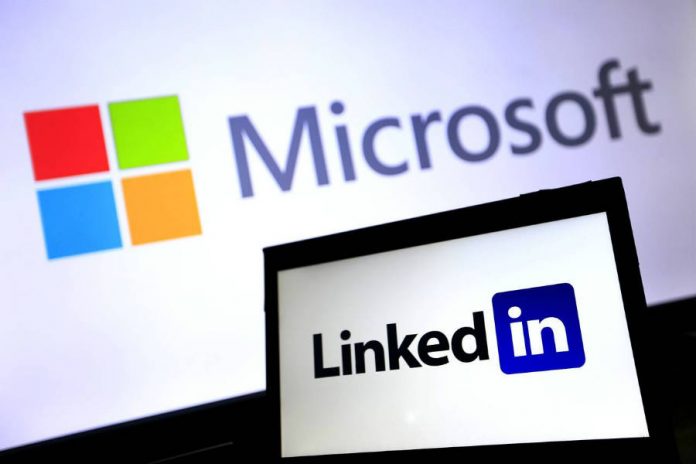
California’s cloud computing company, Salesforce, is asking the respective EU legal authorities to probe the deal between Microsoft and LinkedIn, citing competition and unlawful monopoly concerns.
An article from the Wall Street Journal informs Microsoft’s move would give the company an unfair advantage because it could allegedly block competitor’s access to customer information, and risk user’s data privacy.
Microsoft responded by saying Salesforce was complaining about unfair advantages in a field in which they are current leaders, which is the Customer Relations Management (or CRM) market.
“We’re committed to continuing to work to bring price competition to a CRM market in which Salesforce is the dominant participant charging customers higher prices today,” said Brad Smith, Microsoft’s chief legal officer.
Microsoft’s agreement with LinkedIn
On June 13, 2016, Microsoft announced it had finally purchased LinkedIn, at the cost of $196 per share for a total of $26.2 billion, including LinkedIn’s net cash. The merger would not mean the dispersal of LinkedIn, as they would allegedly retain their independence.
Jeff Weiner, current CEO of the most famous professional social network would have to report to Satya Nadella, Microsoft’s CEO, nonetheless.
“Together we can accelerate the growth of LinkedIn, as well as Microsoft Office 365 and Dynamics as we seek to empower every person and organization on the planet”, Nadella said in a statement.
Salesforce’s claims: Well-founded complaints or the rants of a sore loser?
Salesforce was one of the bidders for LinkedIn when they went on sale, and quickly lost to Microsoft. The WSJ article points out that, if they had won the bidding and acquired LinkedIn, their argument could be used against them.
Salesforce’s concern is that Microsoft will block competitors from accessing or partnering with LinkedIn, but there is no solid foundation or previous evidence to certify this theory.
The only concrete action that they have taken to contest this merger has been appealing to the European Commission, the last governing body waiting to give their approval for Microsoft’s deal. The purchase has already been allowed in the United States, Canada, and Brazil.
https://www.youtube.com/watch?v=MeSFawZ_qNA
This case could be taken to trial on the grounds of non-compliance with ‘antitrust law,’ meaning that Microsoft is making the purchase solely to create a market monopoly and not for the benefit of users.
Salesforce’s argument is tainted, however, by the fact that they continued to contact LinkedIn after the merger was announced, offering them higher bids and urging them to reconsider.
Source: Wall Street Journal










